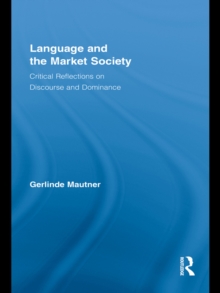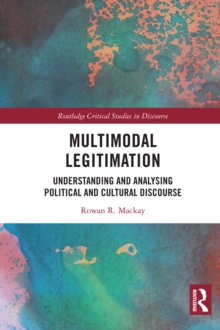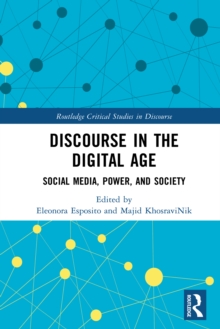
Metaphor, Nation and the Holocaust : The Concept of the Body Politic PDF
by Andreas Musolff
Part of the Routledge Critical Studies in Discourse series
Description
This book is the first to provide a cognitive analysis of the function of biological/medical metaphors in National Socialist racist ideology and their background in historical traditions of Western political theory.
Its main arguments are that the metaphor of the German nation as a body that needed to be rescued from a deadly poison must be viewed as the conceptual basis rather than a mere propagandistic by-product of Nazi genocidal policies culminating in the Holocaust, and that this metaphor is closely related to the more general metaphor complex of the nation as a human body/person, which is deeply ingrained in Western political thought.
The cognitive approach is crucial to understanding the nature and the origins of this metaphor complex because it goes beyond the rhetorical level by analyzing the ideological and practical implications of the conceptual mapping body-state in detail.
It provides an innovative perspective on the problem of how the Nazis managed to ‘revive’ a clichéd metaphor tradition to the point where it became a decisive factor in European and world history.
Musolff reveals how such a perspective allows us to explain why the body-state metaphor continues to be attractive for use in contemporary political theories.
Information
-
Download - Immediately Available
- Format:PDF
- Pages:236 pages, 9 Tables, black and white
- Publisher:Taylor & Francis Ltd
- Publication Date:13/08/2010
- Category:
- ISBN:9781136940217
Other Formats
- Hardback from £140.00
- Paperback / softback from £51.99
Information
-
Download - Immediately Available
- Format:PDF
- Pages:236 pages, 9 Tables, black and white
- Publisher:Taylor & Francis Ltd
- Publication Date:13/08/2010
- Category:
- ISBN:9781136940217










